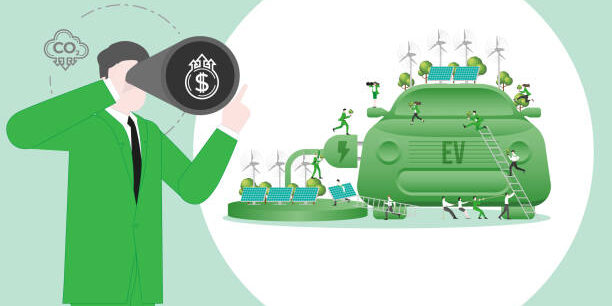India and Indonesia are deepening their cooperation to establish a resilient and future-ready nickel-to-electric vehicle supply chain that can support the transition to sustainable transportation across the Indo-Pacific region. This growing partnership not only addresses critical supply needs but also creates a new model of South-South collaboration in clean mobility.
India’s efforts to increase electric vehicle adoption are being challenged by the high costs of EV battery production. Nickel remains a key input, yet India currently depends entirely on imports to meet demand. Indonesia, holding the world’s largest nickel reserves and contributing over half of the global supply, is emerging as an ideal partner in bridging this supply chain gap.
Through continued bilateral engagement, the two countries are exploring joint projects focused on nickel mining and processing. These collaborations are designed to ensure long-term supply security for India while creating sustainable demand channels for Indonesia’s growing nickel industry. This alignment enhances production stability and supports shared environmental and economic goals.
Indonesia’s strategic decision to process nickel domestically has attracted global attention and investment. However, recent oversupply and falling prices have underscored the importance of building stable, diversified trade partnerships. Closer engagement with India offers an opportunity to balance market dynamics while advancing the green energy transition.
India’s support for domestic battery manufacturing through performance-linked incentives creates a solid foundation for integrating Indonesian nickel into local production. This cooperation allows both nations to capture greater value within the EV ecosystem, from raw material sourcing to final assembly. The potential to connect resources from Australia, nickel from Indonesia, and production capacity from India offers a vision of a fully integrated Indo-Pacific battery corridor.
Infrastructure projects that improve maritime connectivity between India’s Andaman and Nicobar Islands and Indonesia’s Aceh province are also expected to streamline logistics and reduce trade costs. This enhanced link will boost the efficiency of material flow within the regional supply chain, benefiting manufacturers and consumers alike.
Both governments have committed to aligning with international environmental and social standards, ensuring that supply chain expansion remains responsible and transparent. Through shared policies and coordinated investment, India and Indonesia are building a value chain that is not only economically competitive but also globally sustainable.
This collaboration represents a major step forward in strengthening regional supply chains, securing critical inputs, and supporting global climate commitments through innovation and partnership.
#ICTTMNews #SupplyChainNews #EVUpdate #NewsUpdate #SustainableTrade #BreakingNews







